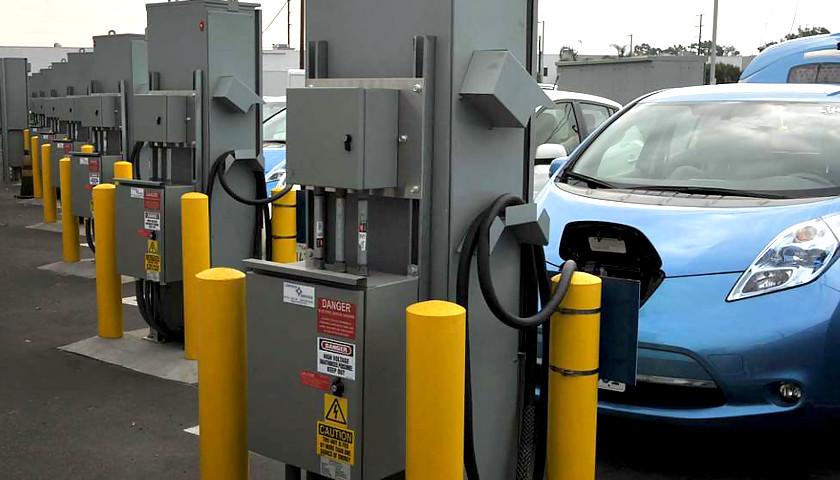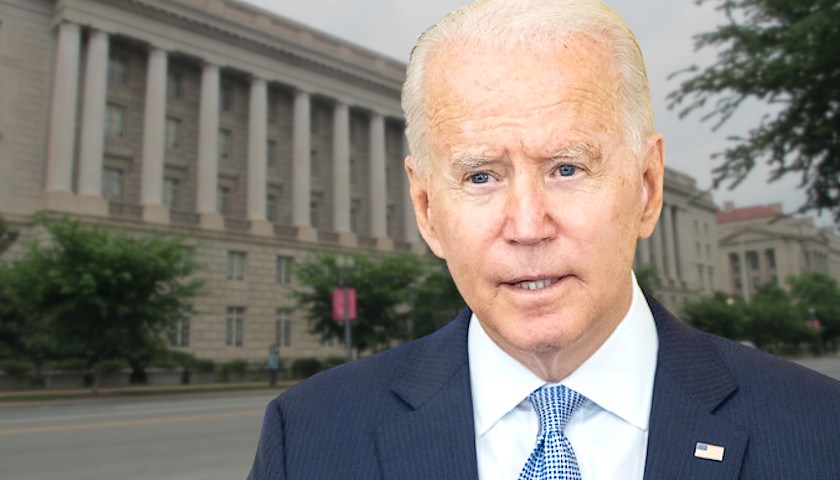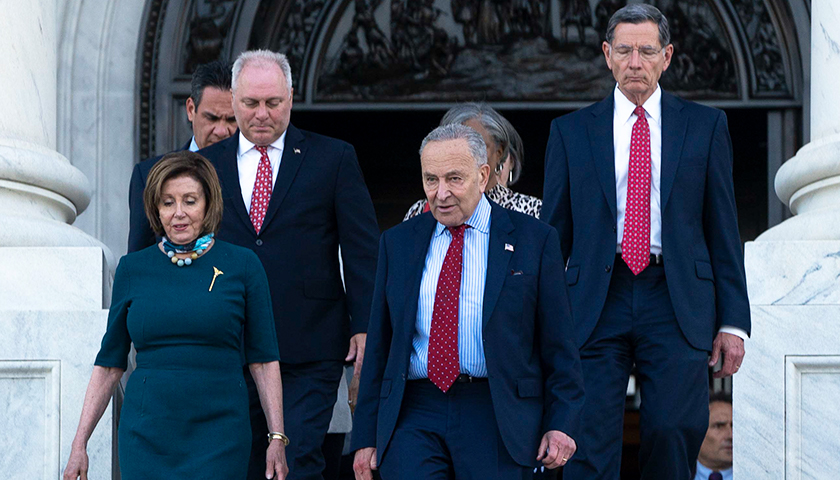As part of his Contract with America, House Speaker (and my former boss) Newt Gingrich helped first introduce the Child Tax Credit (CTC), passing it in 1997. Originally the idea of President Ronald Reagan, the CTC was founded on the conservative principles that raising children is God’s work, and parents should not be punished or held back for choosing family in a country that is always moving forward. President Trump continued this tradition by doubling the CTC in 2017. As Speaker Gingrich said during a 1995 speech, “We believe that parents ought to have the first claim on money to take care of their children rather than bureaucrats.”
Democrats reformed the CTC in 2021, as part of their wildly overdone American Rescue Plan. They’ve sought to continue their changes to the CTC in the even-more-overdone Build Back Better Act (BBB), a hulking Frankenstein of bad Democratic ideas. But the new version of the CTC may be an exception. It continues fulfilling Speaker Gingrich’s contract, empowering families to work and earn, and to raise their children with their own values. The spirit and core of that policy is even better reflected by flat, poverty-busting monthly disbursement of the credit. It’s the only salvageable ship in the sinking BBB fleet.
The CTC – in its 2021 form – does not stray too far from the $500-per-child tax cut that was initially passed in 1997. The payments, which provided eligible families with up to $300 per month for each qualifying child under age 6 and up to $250 per month for each qualifying child aged 6 to 17, stimulated regional economies, protected families from rising costs, provided direct cash relief, and removed bureaucratic hurdles.
Read the full story













